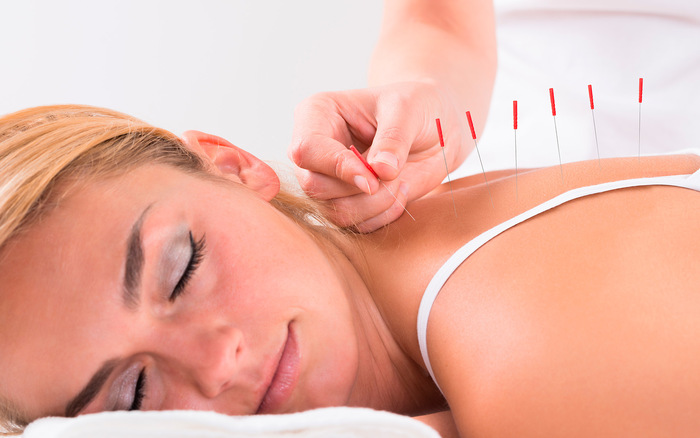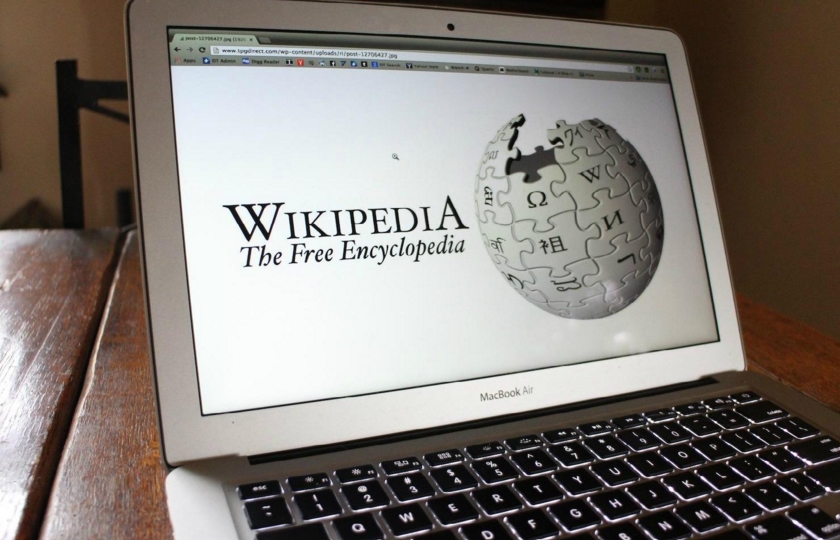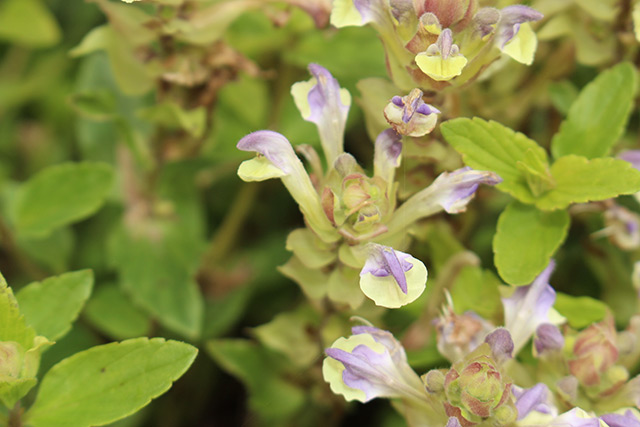Before you reach for pain medication, have you considered acupuncture?
05/09/2019 / By Evangelyn Rodriguez

Due to growing interest in non-pharmacological treatments, researchers from Stanford University looked into the effects of acupuncture and its potential to reduce pain after surgery. They analyzed the results of several clinical studies where patients were given acupuncture treatment after total knee arthroplasty (replacement surgery). The results of their meta-analysis, which showed the efficacy of acupuncture in postoperative pain management, were published in the journal JAMA Surgery.
Opioids and what makes them bad
According to the National Institutes of Health, drug overdose deaths involving prescription opioids have dramatically increased since 1999. In an effort to address this issue, the U.S government enacted a strategy in 2011 which involved educating people about the dangers of prescription drug abuse and implementing effective prescription drug monitoring programs. Improvements have been seen in some parts of the country ever since, but with the dip in the number of opioid abuse cases came the rise of heroin abuse.
According to a study published in JAMA Psychiatry in 2014, 75 percent of people who abuse heroin reported that their first opioid was a prescription drug. An interview of young, urban injection drug users also revealed that 86 percent had previously used opioid pain relievers non-medically. There is, therefore, an undeniable connection between the use of opioid painkillers and opioid addiction.
So what makes drugs like morphine and heroin so addictive?
The human brain is home to a group of receptors that collectively make up the opioid system. The opioid system is part of our emotional circuitry and is responsible for controlling hedonic responses related to arousal and motivation. It also controls pain, reward, and addictive behaviors. When opioids bind to opioid receptors, they activate responses in the brain that suppress pain, which is why they are extremely potent painkillers. However, this also makes them highly addictive. In particular, the mu receptor is said to be the facilitator of this. When the mu receptor was abolished in mice in an experiment, researchers found that morphine lost its analgesic and addictive effect on them.
Acupuncture helps with postoperative pain
Many people undergo surgery every year and experience moderate or severe pain after surgery. To avoid complications related to inadequate pain management, patients are given medications to help them. However, these medications also have some bad effects, so researchers are looking into non-pharmacological approaches to reduce the use of prescription painkillers. Some of the most commonly used interventions are electrotherapy, continuous passive motion, preoperative exercise, cryotherapy, and acupuncture.
Acupuncture is a safe and effective method for alleviating pain. It works by stimulating specific points on the body which help restore function and trigger the body’s natural ability to heal. In an effort to prove its efficacy in managing pain, researchers analyzed the results of clinical studies where acupuncture and other non-pharmacological methods were used to treat postoperative pain. They identified 39 clinical trials involving 2,391 patients who underwent knee replacement surgery. They found clinically and statistically significant evidence that acupuncture can reduce opioid use in patients after surgery. They also found evidence that acupuncture can improve postoperative pain. On the other hand, they found very low-certainty evidence that cryotherapy, preoperative exercise, and continuous passive motion are all capable of reducing opioid consumption or improving pain after knee arthroplasty. Based on the findings of several studies, the researchers, therefore, concluded that acupuncture is one of the best non-pharmacological interventions for postoperative pain because it can reduce or delay opioid consumption in patients after surgery. (Related: Acupuncture found as effective as nicotine replacement therapy for helping people quit smoking.)
To learn more health benefits of acupuncture, visit Naturopathy.news.
Sources include:
Tagged Under: acupuncture, alternative medicine, dangerous drugs, electropathy, harmful medicine, knee arthroplasty, natural cures, natural medicine, non-pharmacological interventions, Opioids, pain relief, painkillers, postoperative pain, remedies, research















